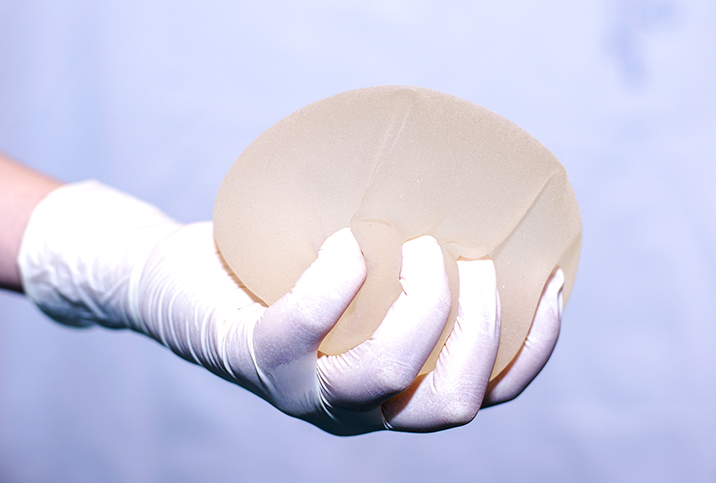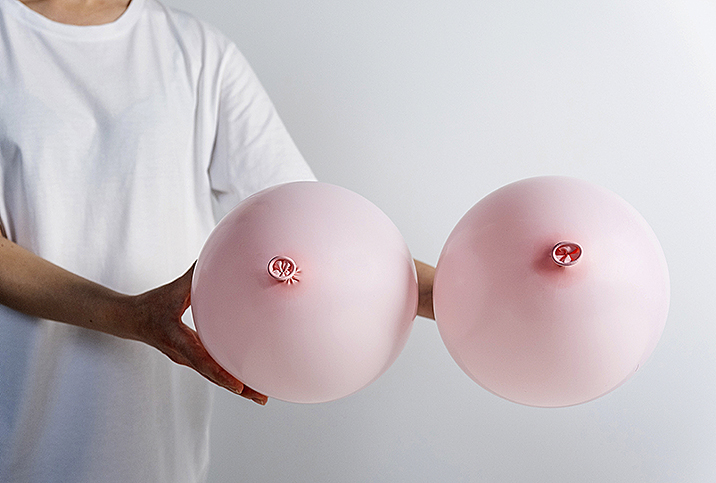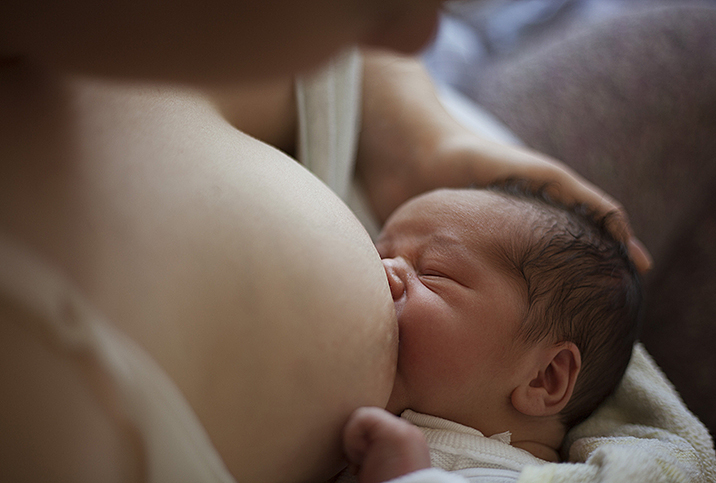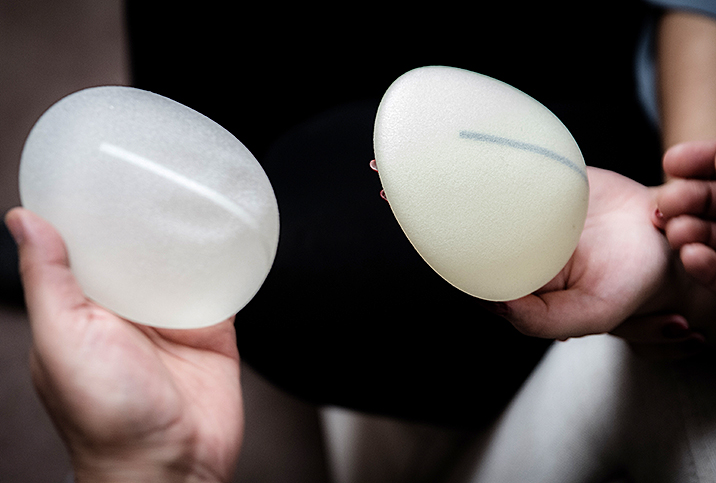Signs It's Time to Replace Your Breast Implants

The American Society of Plastic Surgeons says there's a 90 percent chance a breast implant will remain fully intact after 10 years, while the Institute of Medicine reports most breast implants usually won't last longer than 15 years. While you may not know what's safe for your body down to the second, telltale signs can help.
When left untreated, ruptured or faulty breast implants can lead to complications including fatigue, memory loss, rash and joint pain, according to the Food and Drug Administration (FDA).
If you have breast implants, be aware of the following signs and symptoms that may indicate it's time to make an appointment with your cosmetic surgeon.
Capsular contracture
Capsular contracture, also known as hardening, occurs when scar tissue around one or both implants becomes hardened, causing symptoms such as pain, tightness and tenderness in the affected breast. Breasts affected by capsular contracture may also change in appearance and migrate up and toward the armpit.
Capsular contracture can develop at any time following breast implant surgery, including years later. As you'll read later in this article, capsular contracture may also be a symptom of breast implant-associated anaplastic large cell lymphoma.
Leakage and deflation
Saline implants can leak and become deflated, resulting in smaller breast size. The fluid inside saline implants is generally absorbed by the body within 24 to 48 hours of the rupture, depending on the size of the leak. The affected breast may lose its shape and look significantly different from the other breast.
The risk of implant leakage and deflation usually increases over time as implants age.
Silent rupture
Silicone implants that rupture do not usually exhibit noticeable signs or symptoms, which is why these types of ruptures are known as silent ruptures. Silicone gel is thicker than saline fluid and leaks at a slower pace, rendering the rupture virtually undetectable. In many cases, even though the implant is ruptured, silicone gel doesn't leak at all.
When ruptured, silicone implants do cause symptoms such as pain, tenderness, tingling, numbness, a burning sensation, swelling, hard knots, smaller breast size and uneven breast size.
When left untreated, ruptured or faulty breast implants can lead to complications including fatigue, memory loss, rash and joint pain.
If you have silicone implants and notice the volume of one or both breasts gradually decreasing, notify your doctor or cosmetic surgeon right away. A ruptured silicone implant can often be detected with an MRI (magnetic resonance imaging). According to a 2017 article in the online journal Gland Surgery, the risk of rupture in silicone implants increases after six to eight years following implantation.
Rippling
Saline implants may be at risk for rippling, which occurs when the implants become rippled or wrinkled and lose their original shape. Some women may be able to feel the rippling of the affected implant when touching their breasts. Rippling tends to be more common in women who have their implants placed above the pectoralis muscle (prepectoral) as opposed to under the muscle (submuscular), according to a 2019 article in the World Journal of Plastic Surgery.
Breast implant illnesses
In recent years, researchers have linked breast implants to a variety of illnesses, including rheumatoid arthritis, scleroderma and a rare cancer of the immune system called breast implant-associated anaplastic large cell lymphoma (BIA-ALCL). Common symptoms of BIA-ALCL include persistent swelling, the presence of pain or a mass in an area of the breast implant, and capsular contracture (as described above), according to the FDA. If you experience these or other changes in your breasts, consult your doctor immediately to receive an evaluation and testing to confirm BIA-ALCL or another medical condition.
Always to stay in touch with your cosmetic surgeon and take their advice on how often you should return to the clinic for an evaluation or replacement surgery.
The best strategy is always to stay in touch with your cosmetic surgeon and take their advice on how often you should return to the clinic for an evaluation or replacement surgery. Also, ask about signs and symptoms you should watch out for based on the type of implants you have. And if you notice any changes in your breasts or experience any symptoms you're unsure about, call your primary healthcare provider immediately.


















